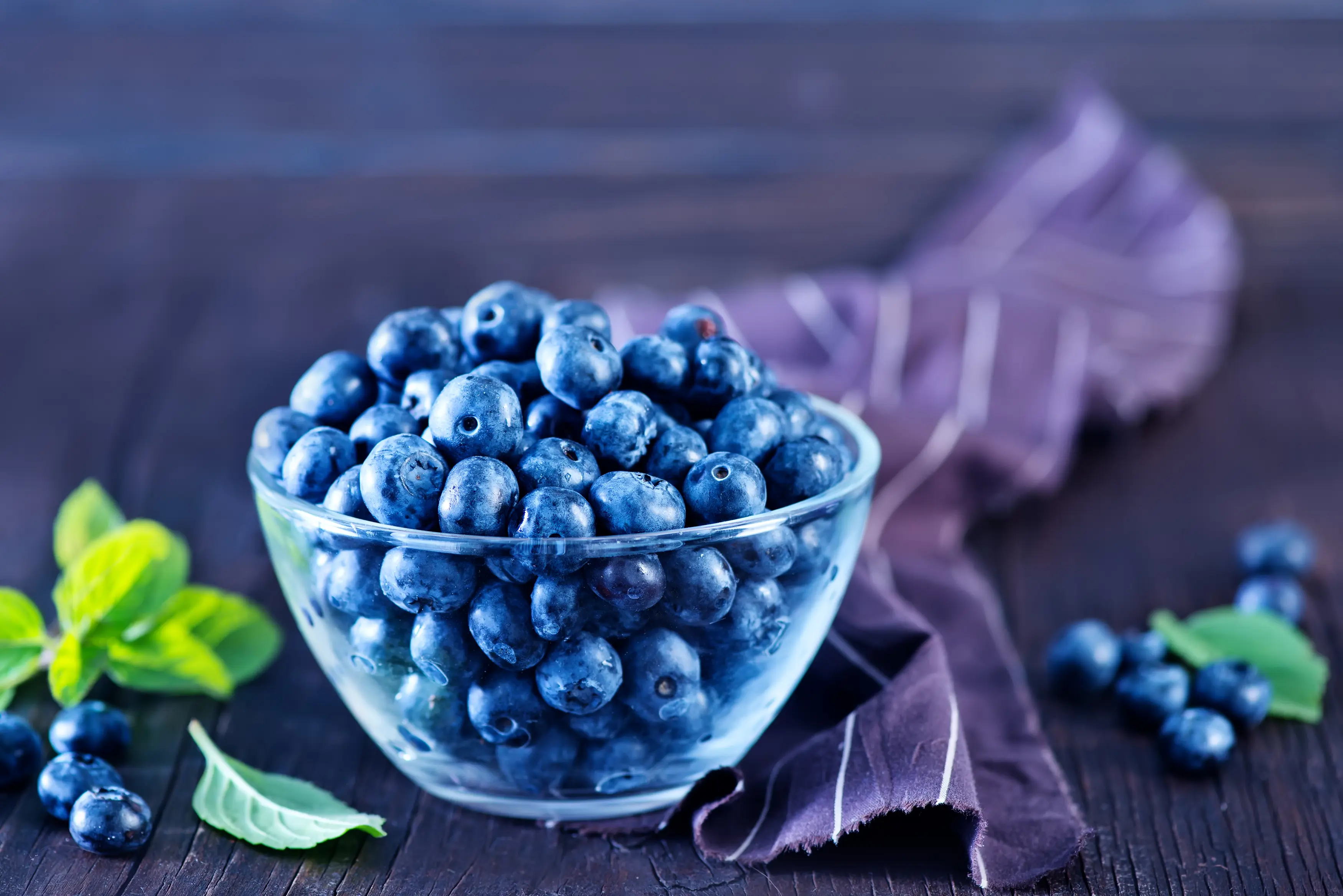The ACID study
Can blueberry be used as prevention of developing dementia?

Foto: Colourbox
In this study, we will investigate whether anthocyanin, which are in the colorant of blueberries and blackcurrants, can have a positive effect on important brain functions in people with increased risk of developing dementia.
Anthocyanin are found in the colorants of blueberries and blackcurrants, and these have several beneficial biological effects that can protect brain cells. In this project, researchers will investigate whether anthocyanin can prevent the development of dementia and influence biological processes central to the development of dementia.
The study will also give us knowledge about the effect of anthocyanin on cholesterol, inflammatory factors and other factors involved in the development of dementia.